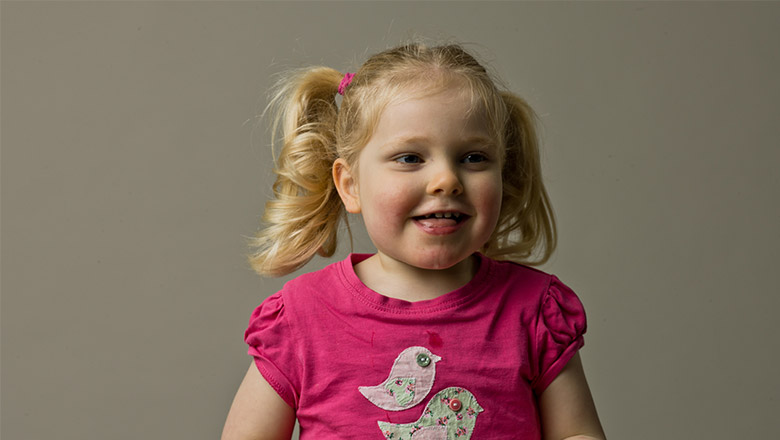Search
We wanted to examine the effects of spinal fusion surgery to treat scoliosis on the functional abilities of girls and women with Rett syndrome.
Research
Enablers and barriers in dental attendance in Rett syndrome: an international observational studyIntellectual and developmental disabilities are heterogeneous in aetiology and presentation, and one cannot make assumptions about the oral health barriers of those with Rett syndrome (RTT) based on findings from generic studies. This study investigated caregivers' perceptions regarding access to dental care for those with RTT, and associations of dental treatments received by those with RTT with their caregivers' perceived value of oral health and perception of their own as well as their daughter's dental anxiety.
Research
Improving clinical trial readiness to accelerate development of new therapeutics for Rett syndromeRett syndrome is associated with severe functional impairments and many comorbidities, each in urgent need of treatments. Mutations in the MECP2 gene were identified as causing Rett syndrome in 1999. Over the past 20 years there has been an abundance of preclinical research with some studies leading to human clinical trials.
Research
Determinants of quality of life in Rett syndrome: New findings on associations with genotypeRett syndrome is a genetically caused neurodevelopmental disorder associated with functional deficits and comorbidities. This study investigated relationships between genotype, functional abilities and comorbidities and quality of life in Rett syndrome.
Research
Decline in gross motor skills in adult Rett syndrome; results from a Danish longitudinal studyLongevity of individuals with neurodevelopmental diseases as Rett syndrome (RTT) has increased and many reach adulthood and old age. There is therefore a need to increase knowledge about the course of RTT in adults in order to improve medical care management and quality of life.
Research
Can telehealth increase physical activity in individuals with Rett syndrome? A multicentre randomized controlled trialTo evaluate the effects of a physical activity programme on sedentary behaviour and physical activity in ambulant individuals with Rett syndrome.

News & Events
Video: One brave little girl's battle with Rett syndromeImagine your baby is developing normally, then suddenly she starts losing skills. Watch Marlee's story below and find out what researchers are doing.
News & Events
Critical mass in rare diseases - an innovative internet approachThe internet is emerging as a valuable tool for scientists to gather data for critical research into rare diseases.
News & Events
International award for Rett syndrome researchA Perth medical researcher responsible for major advancements in the understanding of the neurological disorder Rett syndrome has had her efforts recognised
News & Events
Genetic analysis reveals range of Rett syndromeThe first comprehensive analysis of the clinical effects of genetic mutations involved in Rett syndrome
